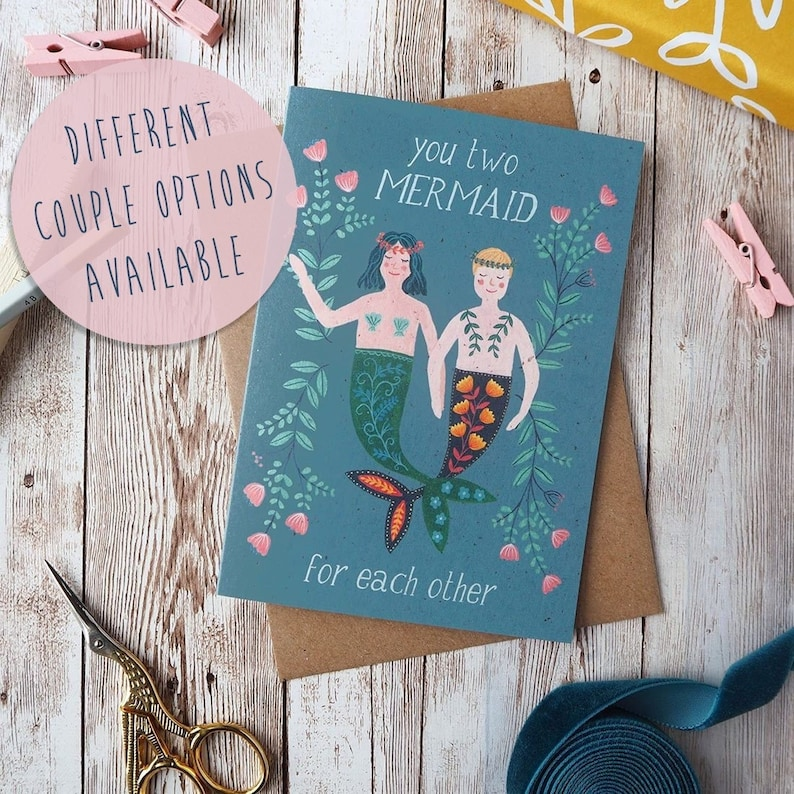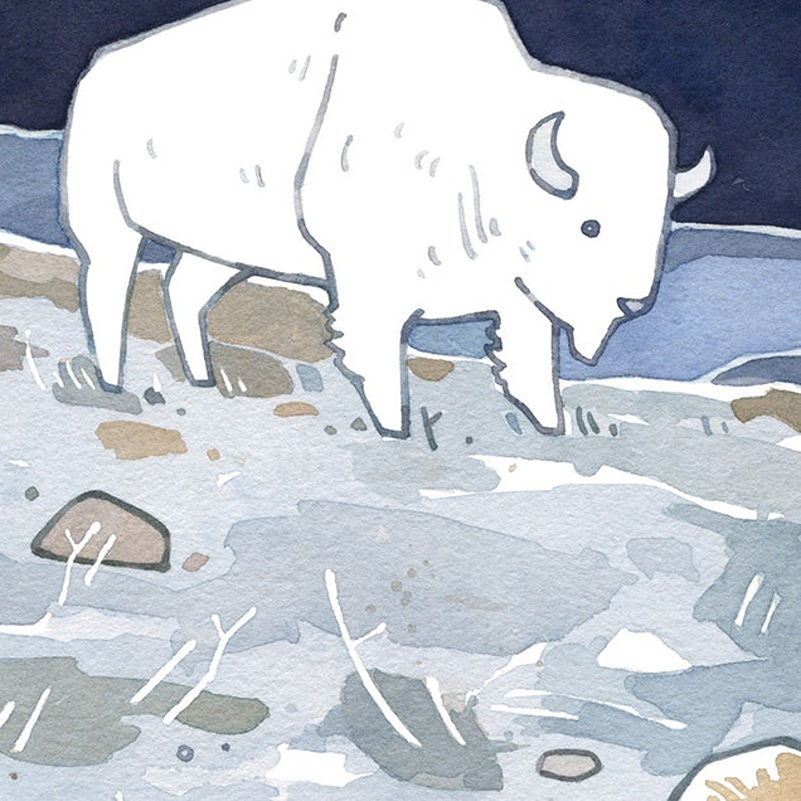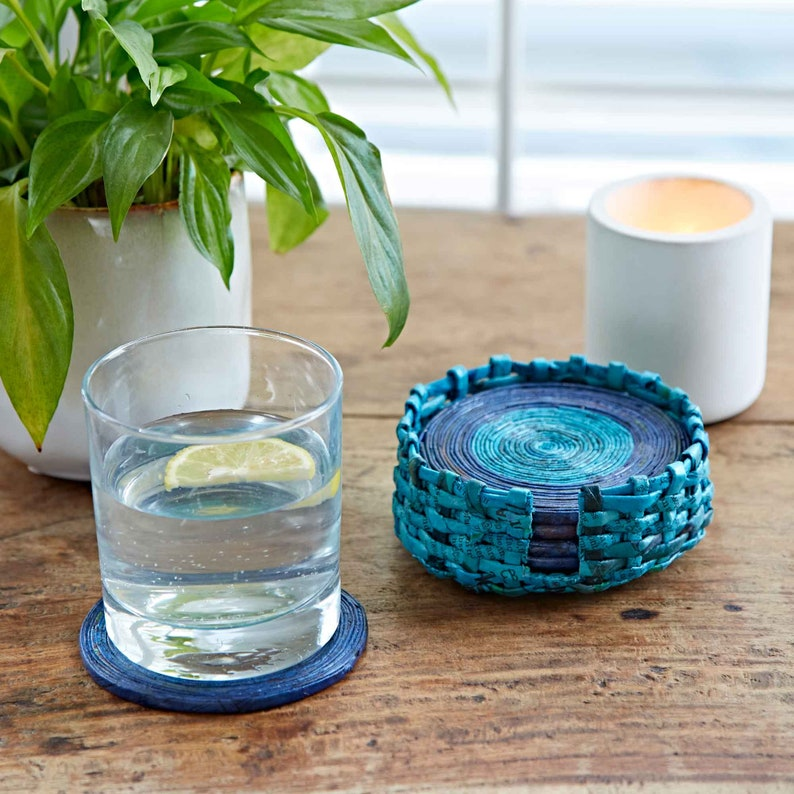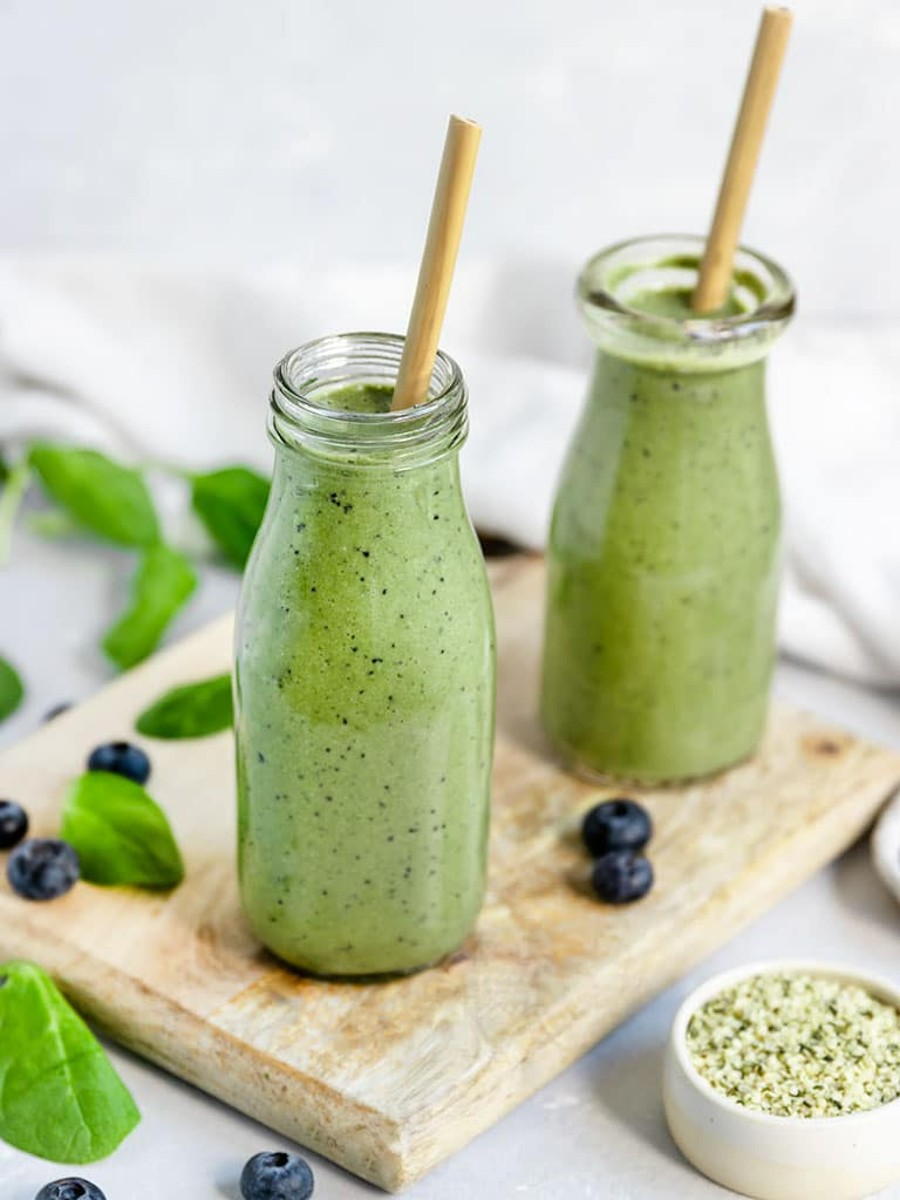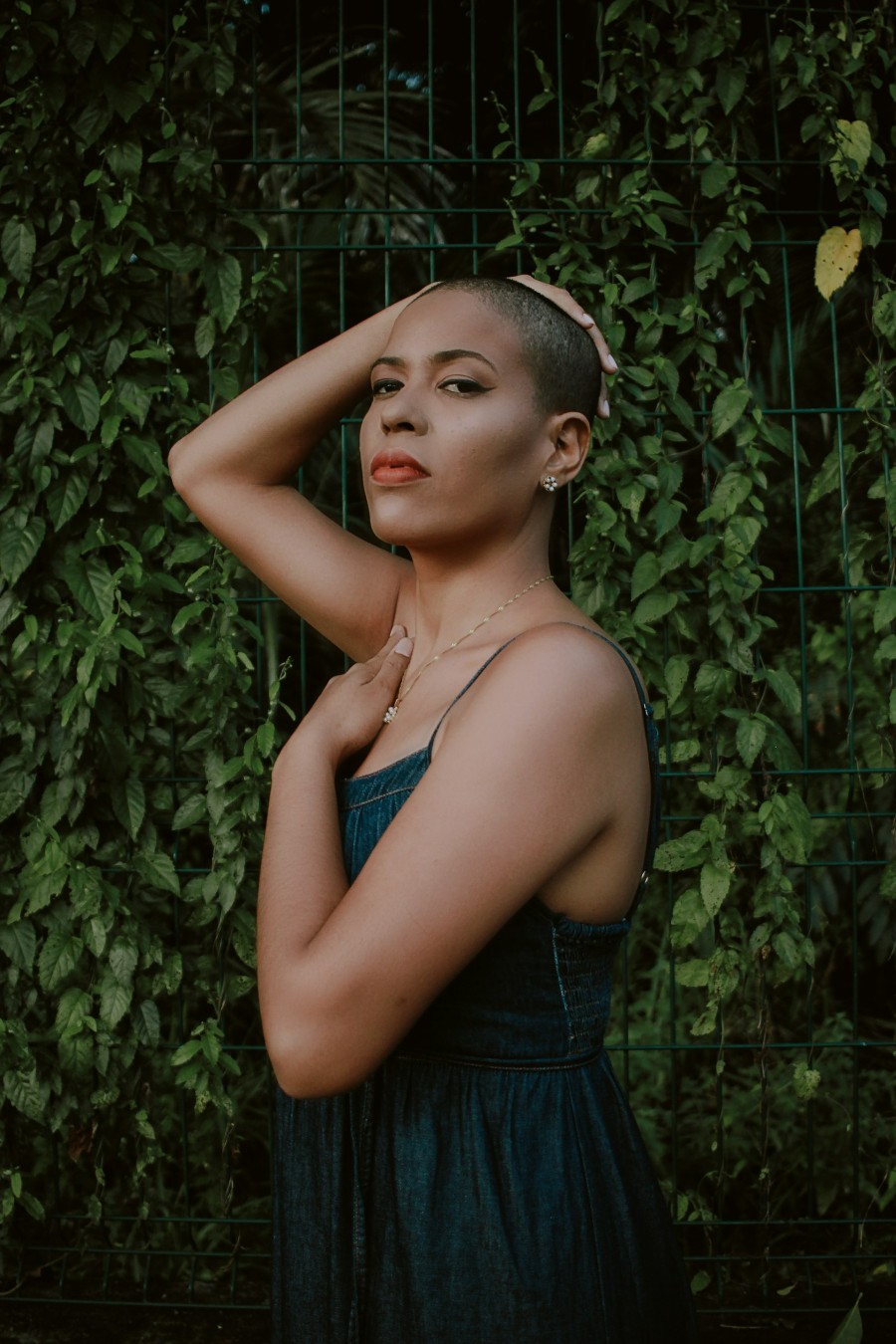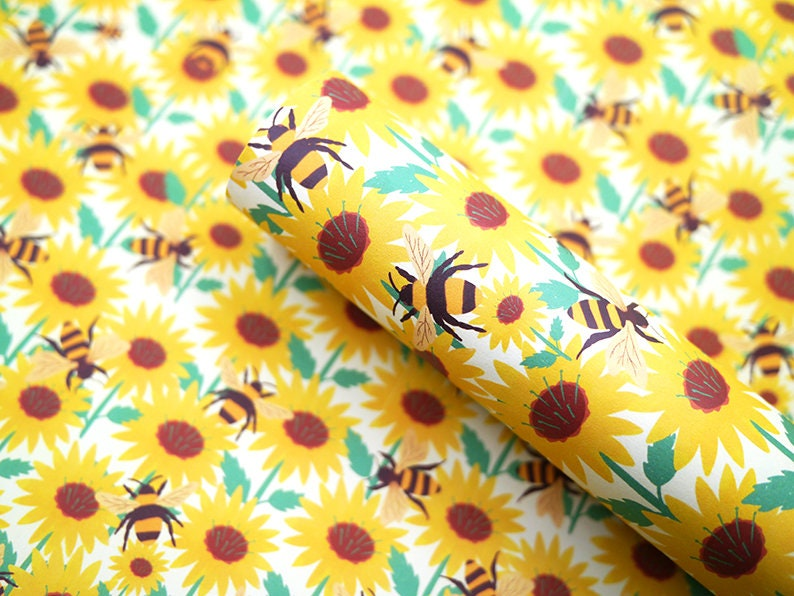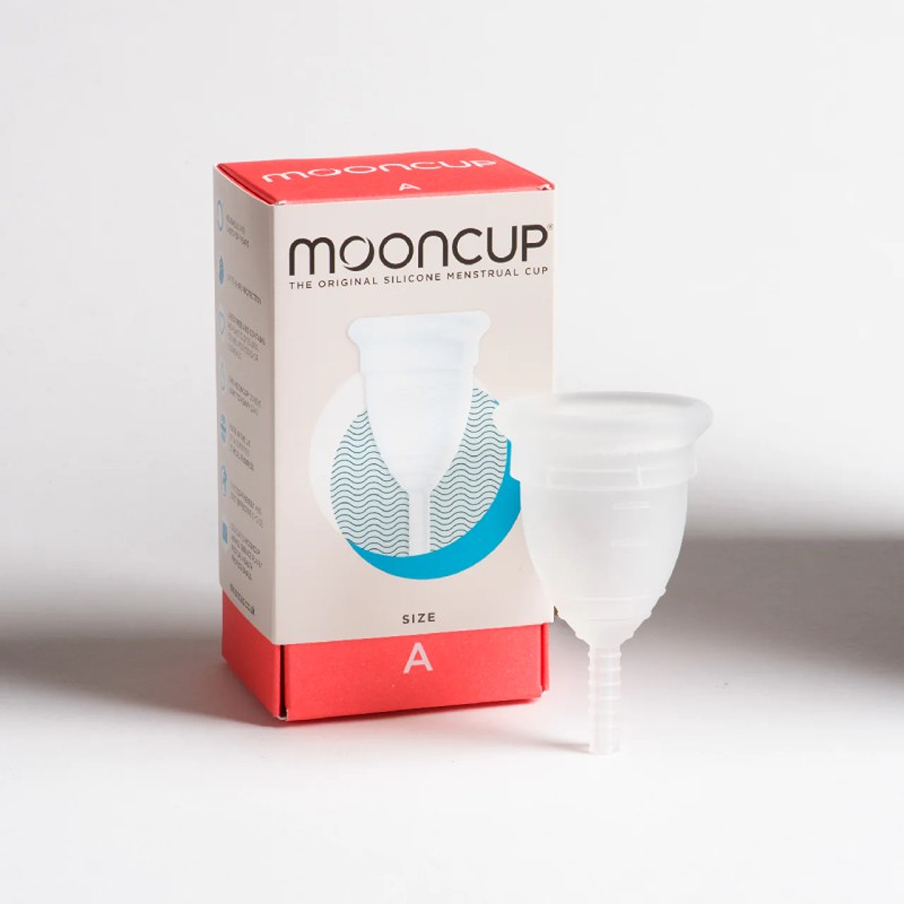
The feminine care industry is worth billions, mostly consisting of big companies selling expensive disposable pads, liners and tampons, all made with plastic (which creates condensation so is uncomfortable), then sold in plastic packaging (some tampon brands test on animals). Women spend decades menstruating, and there are alternative options – from plastic-free disposables to reusable menstrual cups to washable pads and towels. Let’s look at all of options, and the best brands:
Avoid tampons and menstrual cups for at least 8 weeks after childbirth. Do not use either, if you have a history of toxic shock syndrome.
Millions of tampons and pads are (wrongly) flushed down loos each day. This clogs drains, causes garden floods and pollutes our waterways (microplastics are ingested by marine wildlife). Tampons are one of the most common beach litter items found on volunteer clean-ups. And refuse workers have to sort through disposable pads (ugh!) and can be exposed to harmful bacteria.
reusable silicone menstrual cups
Menstrual cups were first used in the 1930s. Today, latex has been replaced by medical grade silicone. Looking like a small funnel, menstrual cups are sold in different sizes, depending on age and childbirth history. Trim the stem to fit, then insert like a tampon. Instead of absorbing menstrual fluid (which can increase risk of toxic shock syndrome), menstrual cups collect fluid. Just empty and rinses. One purchase should last years.
- Mooncup (also in a beginner version) is an award-winning menstrual cup sold with an organic cotton pouch, in a recycled cardboard box. It’s sold alongside a collapsible silicone cleaning pot (great for shared houses and public bathrooms).
- Flow Cup is an affordable brand of leakfree menstrual cups, choose from the standard round shape or a more flexible version that can be trimmed to fit. There is a guide on choosing the best one for you, or purchase the try-out kit. It’s sold alongside a cleaning bag (add to 100ml of water and microwave for 3 minutes).
- DAME Period Cup is made with natural biocide-free Saniconcentrates™. Don’t worry about boiling or sanitising. Just rinse, wipe and reuse.
plastic-free disposable feminine care
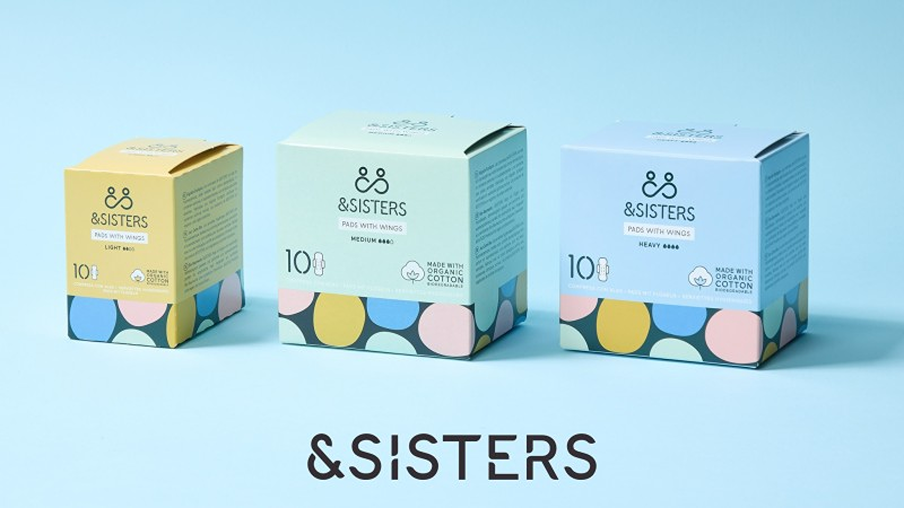
These products are as convenient as disposable brands. Not just more comfortable but safer, as they don’t leave chlorine-bleached fibres inside your body.
- &sisters offers organic cotton pads with wings, in cardboard packaging. These pads are recommended by gynaecologists to help to prevent thrush & bacterial vaginosis. Sold alongside breathable liners and organic cotton tampons.
- DAME offers organic cotton tampons. For non-applicator versions, buy alongside their reusable tampon applicator (self-sanitising, this lasts for over 3000 uses). It also offers dispensers for public bathrooms, schools and offices.
washable menstrual pads
Made from cotton or hemp, these are more comfortable than plastic disposable versions. Sold pretty designs and colours (with zip bags to carry), just rinse in cold water after use, then throw in the wash. Due to waterproof backing, launder in a microplastic catcher (securely bin synthetic fibres it catches).
DAME Reusable Period Pads can be comfortably worn for several hours, sold alongside optional interlabial pads for more protection against leaks. These pads are infused with non-nano recycled silver chloride (a biocide) to prevent odour.
washable period pants
These work in a similar way. They look like normal undies, but feature a waterproof built-in pad. Again, just rinse after use, then throw in the wash. Again as they feature synthetic backing, launder in a microplastic catcher.
&sisters offers organic cotton period pants, which feature a waterproof third layer to keep you leak-free, even for heavy flows. They have 180 degree coverage, so you can move however you want, while feeling safe and secure. Also good for post-partum flow or light incontinence.
how to remove menstrual blood stains
Remüvie™ Intimate Stain Remover is made from plant-based ingredients, sold in a recycled ocean plastic bottle. With no bleach, this foam cleanser is perfect to rescue clothes, mattresses and carpets from blood and other stains.
the greenest menstrual pads on earth?
England has a lot of natural brands of menstrual pads these days without chlorine. But most still contain a plastic backing (as do most washable towels due to the waterproof liners). LIVLIT (US) is profiled here, as it’s a truly zero waste menstrual pad. Not only are the pads and liners made from cotton, but the ‘plastic backing’ is made from sugar-cane, so also biodegrades at end of use (bin, don’t flush any pads or tampons down the loo).
Made with Texas-grown cotton, the process uses a Spun-Lace process that needs no chemical adheives, instead high water pressure tangles the raw cotton naturally into an organic top sheet with unparalleled comfort and absorption. The backs are made from sugar cane that breaks down into carbion dioxide. Even the ‘wings’ are made from super-comfy cotton. The range includes sets for light or heavy flows, plus liners. Sold in a shape for the most comfortable fit,
don’t send plastic disposable pads to Africa
Don’t buy into companies asking you to donate disposables to send to African girls. Often there are no ways to safely dispose of them (and pads are often shared due to poverty, not good on a continent ravaged by HIV and AIDS).
Instead, Afripads (made locally from natural materials) stemmed from MakaPads (created from papyrus leaves by an engineer who ‘couldn’t stop inventing things)’. Asked to visit a village to see how he could help, two women hit him over the head with a (clean) sanitary towel and told him to invent something better. So he did! Moses is no longer with his, but he has left an empowering legacy for African women.
where to find free (plastic-free) menstrual care
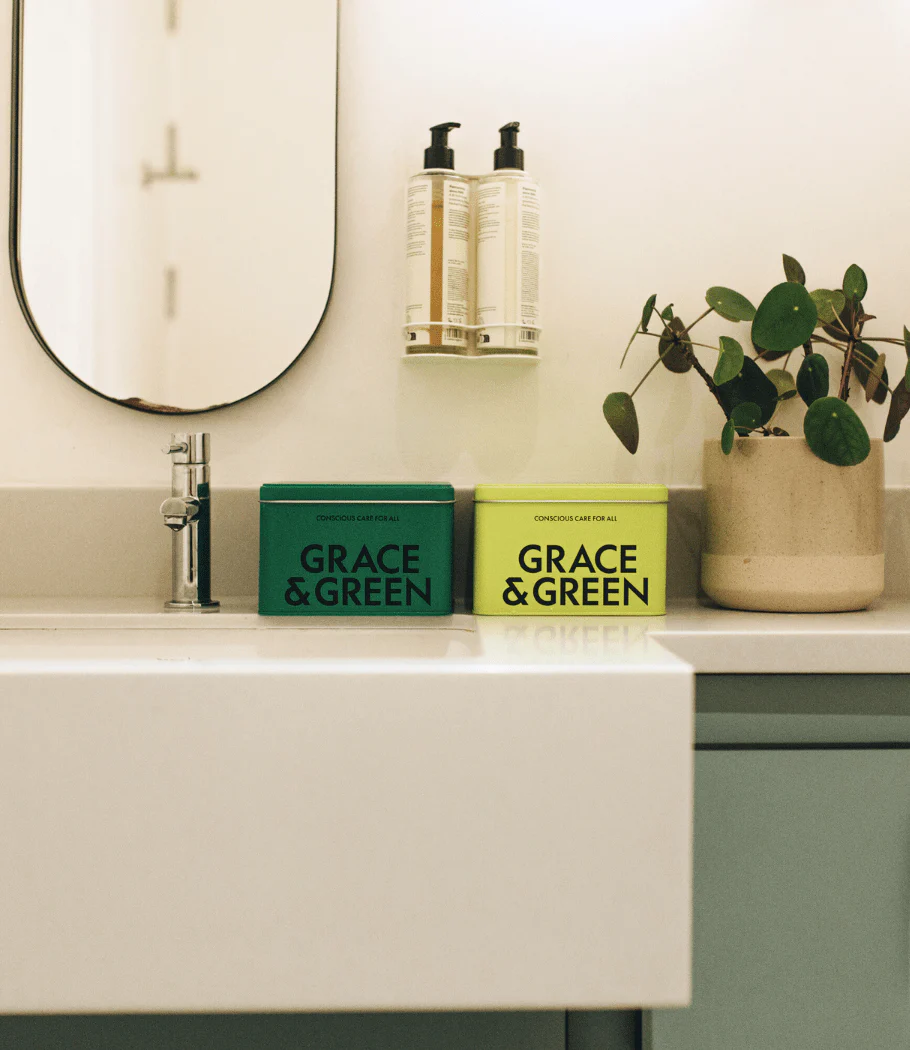
Period poverty is the term used to describe the situations where girls and women don’t have enough money to buy menstrual care products. This is bad in itself, and made worse by the big companies that use plastic and chlorine bleach, littering our environment even more, by giving away free versions, when they have the money to invest to transitioning over to plastic-free versions.
The company Always (which sell plastic disposable feminine care) has donated over 32 million items so far, so that’s more plastic rubbish being ingested by marine creatures, when one of the most beach-littered items inevitably ends up in the sea. The brand is owned by Proctor & Gamble (the website boasts it’s ‘animal-friendly’ but Cruelty Free Kitty gives a more truthful overview).
- Grace & Green offers world-class eco-friendly menstrual care including tampons, pads and menstrual cups. As well as offering free period products to those in need, it can offer customised vending machines and durable displays for public washrooms, offices and schools.
- &SISTERS runs a similar scheme, offering free period care for those in need, plus services for business. It can create custom and refillable dispensers, to shelf-ready retail packs of their organic pads and tampons.
- Flo is another eco period company, specialising in bamboo tampons and pads. It donates 5% of income to period charities (and those preventing female genital mutilation) and also provides free period care products to several charities nationwide (including homeless shelters).
- Hey Girls is a community interest company that offers plant-based disposable feminine care made from organic cotton, bamboo and cornstarch, free from chlorine and toxins. The award-winning range of pads, pants and cups last years, saving tons of waste from going to landfill. The eco-wash bags are made from ocean-bound plastic bottles and sold in cardboard sleeves, and profits are used to eradicate period poverty.
- PHS has details on how schools can order free feminine care (more than a third of teenage girls have missed school due to not being able to afford period products). Some public libraries also leave out free period care for local girls.

